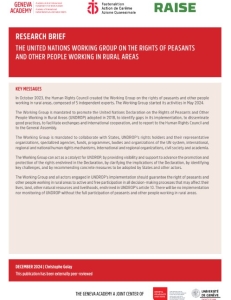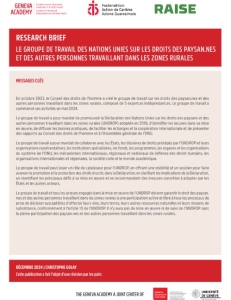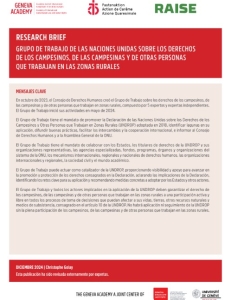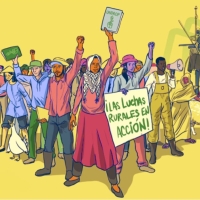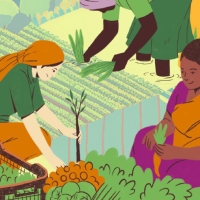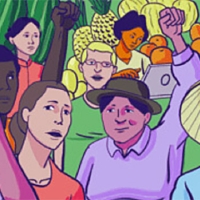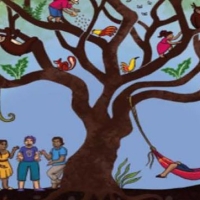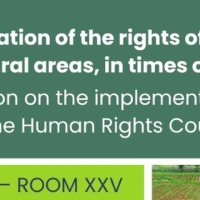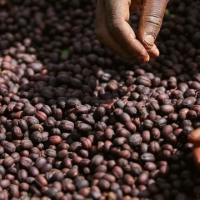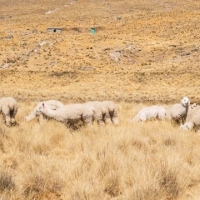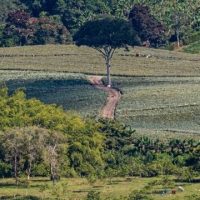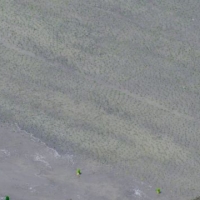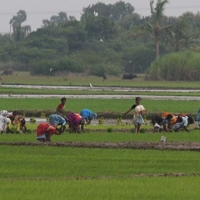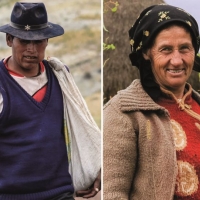Peasants and other people working in rural areas represent 70 percent of people living in extreme poverty and 80 percent of the world’s hungry.
To better protect their rights, the UN General Assembly adopted the UN Declaration on the rights of peasants and other people working in rural areas (UNDROP) in 2018. After having provided key academic support to the negotiation of this important instrument (see outputs below), this research project focuses now on its implementation.
Towards the Implementation of UNDROP
UNDROP’s implementation is dependent on actions to be taken by various stakeholders. States shall take steps to implement this instrument notably by establishing mechanisms to ensure the coherence of national laws and policies with the rights of peasants, and by elaborating, interpreting and applying relevant international agreements to which they are a party in accordance with UNDROP’s provisions. UN human rights mechanisms, regional human rights bodies and international organizations should also include UNDROP in their work, while civil society organizations and social movements are pushing for UNDROP’s implementation at national, regional and international levels.
We provide support to these developments through publications, conferences, expert seminars and training courses.
Focus on Key Rights
Among all the rights enshrined in UNDROP, the rights to land and seeds are crucial for protecting the lives and livelihoods of hundreds of millions of peasants, for preserving crop and agrobiodiversity and for rebalancing unequal power relations.
We therefore primarily focus on the recognition and implementation of these two rights at the national, regional and international levels – by inputting key discussions and processes touching upon their recognition, building capacity of national actors, focussing on concrete cases of implementation and encouraging UN human rights mechanisms to address them in their work and jurisprudence.
The Geneva Academy is also engaged in a project that aims at raising awareness about the importance of the UN Declaration to better protect the right to seeds in Europe.
Global South
The Geneva Academy is providing legal expertise to the project Rights-based and Agroecological Initiatives for Sustainability and Equity in Peasant Communities (RAISE) that promotes UNDROP’s implementation in the Global South. In this context, the Geneva Academy provides training to civil society and peasant’s organizations on UNDROP and international human rights mechanisms. On the basis of a Background Study on UNDROP in Cambodia, we elaborated a Policy Brief on the Implementation of UNDROP in Cambodia.
A Concrete Case: Switzerland
In order to ensure that countries ensure that their foreign policy is consistent with UNDROP, the project also focuses, as an example, on how Switzerland should ensure that its policies relating to trade, intellectual property and development cooperation are in line with the rights recognized in the Declaration.







